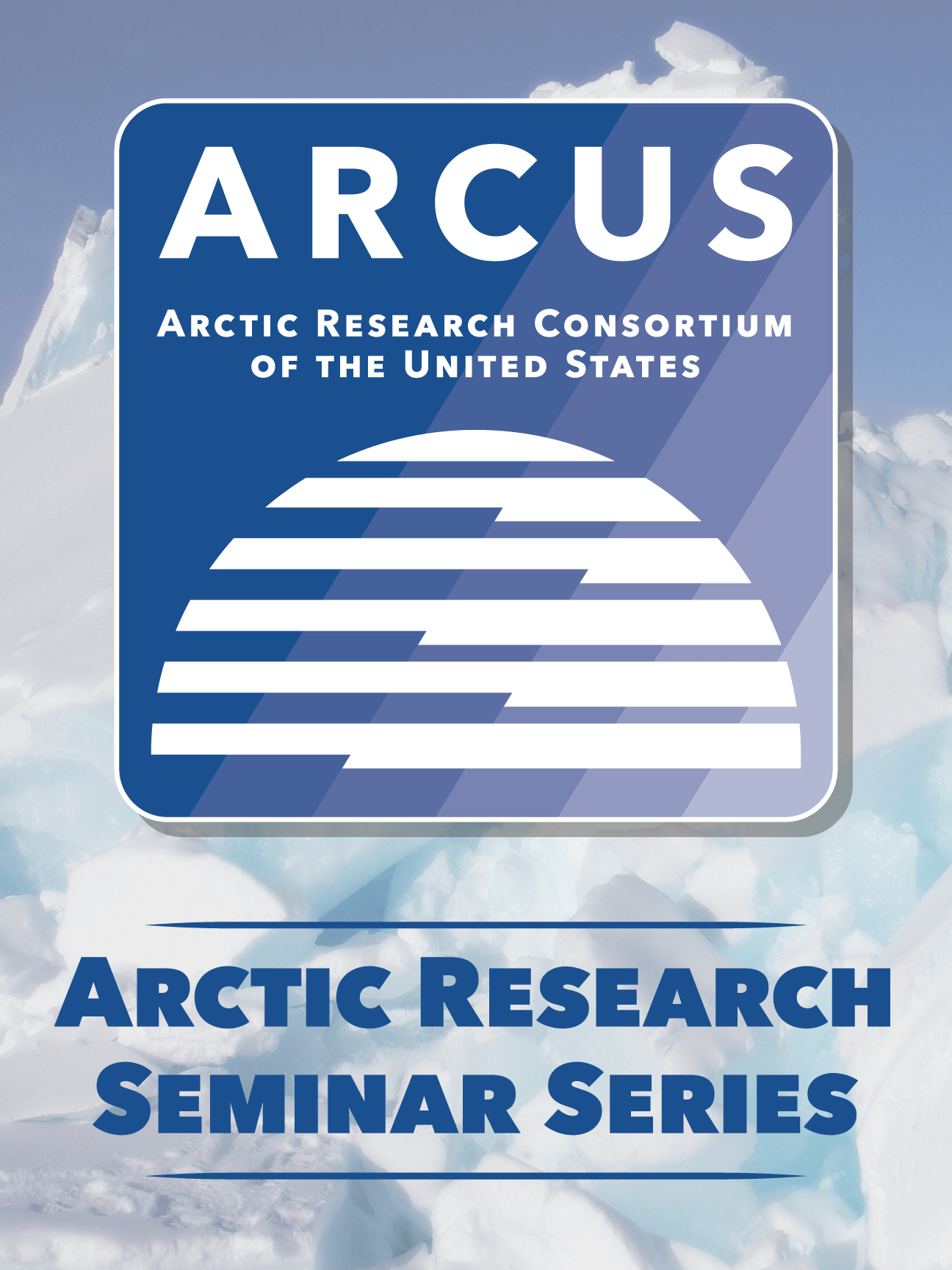Courtney Carothers & Laura Zanotti: Co-producing Knowledge and Community-Researcher Relationships - 30 November 2017
Presentations
Indigenous studies scholars assertively emplace Indigenous values, cosmologies, and frameworks as critical to conservation, natural resource management, and desired futures. Similarly, a new wave of conservation initiatives encompass transdisciplinary efforts to address the intersection between conservation and well-being and in doing so promote integrated frameworks, such as socio-ecological systems paradigms, and participatory and community-based research designs. These empirical, theoretical, and methodological trends attempt to reconceptualize the role of communities in local to global environmental governance as well as reshape the way in which researchers engage with pressing social and environmental questions with and alongside communities. Drawing from a collaborative research project with the community Utqiagvik, Alaska, we detail best practices for social science environmental research programs that operate at the nexus of conservation, community-directed heritage efforts, community-based practice, and multi-institutional partnerships. We emphasize the complexities of these types of relationships to: (1) recognize the heterogeneity of gendered and generational perspectives within and across communities, (2) acknowledge the possibilities of productive discussions that place diverse ontological and epistemological conceptualizations of human-environmental dynamics together, (3) challenge top-down solutions, institutional norms, and bureaucratic restrictions that may serve as barriers to best practices, and (4) identify multimedia and internet-based outputs that can serve both local and researcher constituents. In this work, we prioritize community-based norms, standards, and worldviews as guiding principles for practice, demonstrating pathways to better direct research and academia towards deconstructing hierarchical research relationships. Furthermore we describe how to produce reciprocal relationships that meaningfully reverberate across different scales (community, researcher-participant, and academic) in order to adequately address well-being in times of change.

